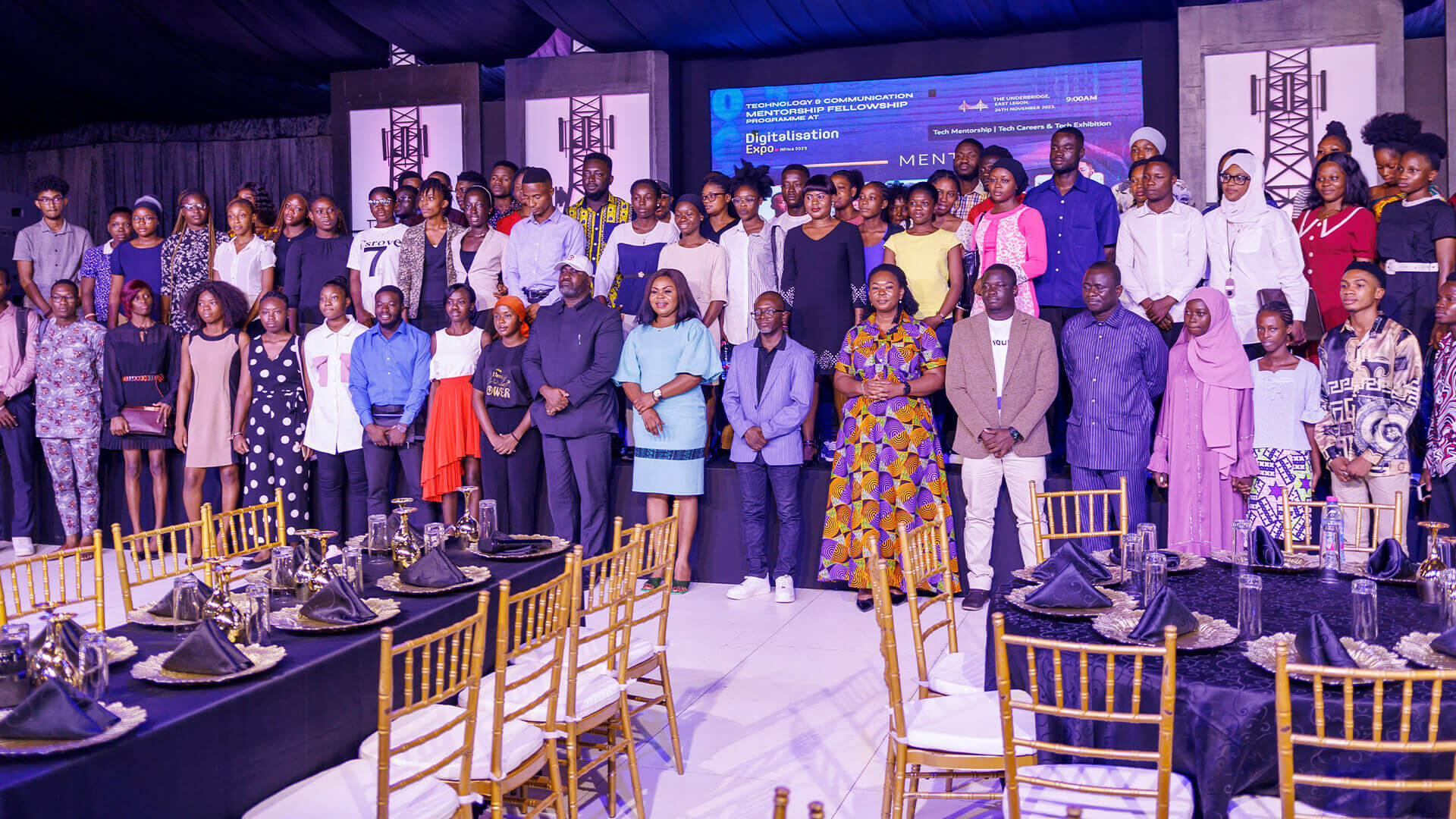About two weeks ago, we declared Friday night as movie night at home. Comfort food was added to the plan and everyone at home was excited and looked forward to having a great time.
Looking at the myriad number of food delivery apps available, I chose the service that was well branded, had a promise to deliver my food in 30 minutes and was frequently promoting their services to me via digital communication channels.
With the worst-case scenario of a two-hour delivery timeline in mind to manage my expectations, I placed my order at 3 pm and it took about thirty minutes for the order to be confirmed. The excuse was that it was peak time and all the dispatch riders were busy running deliveries. I became alarmed and asked if I could cancel the order but the call-centre agent assured me that I would receive my order within the next thirty minutes which was fine with me.
At 4:30 pm, an hour after my order was confirmed, I had still not received my food. At this point I had called the delivery service’s contact line about 5 times and received the same feedback that the dispatch was on his way. With no alternative available, having already paid for the food and not wanting to ruin the night’s plan, I decided to wait so we could eat latest by 6pm.
The food was finally delivered at 7:30 pm. Four and a half hours after I placed the order! My complaints about the poor service did not seem to matter to the dispatch driver. This delivery person was proud of the fact that he had delivered the food despite the challenges his organization faced. To my astonishment, he proceeded to complain about the inefficiencies at the delivery company and asked me to call him personally if I wanted to order again in future. At this point, I was just too hungry and had no fight left in me. I searched all over the app for some way to give feedback on the poor service that had just been delivered to me but no avenue existed for customer feedback.
Fortunately, we were not deterred by the glitch with the food order. We went on to enjoy our movie night, but this incident got me thinking about the role of marketing in ensuring a great customer experience. Were the marketers in charge of this food delivery brand focusing on customer experience at all? Was the company’s focus on meeting customer expectations and delivering customized experiences or just to sell its products and services?
Using this incident as a case study, 4 things come to mind:
- Product and process: The only that worked well in my interaction with the service was how well the app was designed to receive orders and its ease of use. However, it did not prove to be enough when it mattered the most. Key milestones along the customer journey where the dispatch had collected the order was not tracked properly and so I had to keep calling the call-centre for updates. Customer feedback capturing was also not thought of in the design of the app.
- Brand promise and customer expectations: My interactions with the call-centre agent and the delivery person exposed the poor service orientation of the brand. Their behaviour was not aligned with the brand promise of delivering orders in 30 minutes and that is all it took for the brand to lose its credibility with me.
- Employees: The business seemed oblivious to the challenges being faced by the dispatch on ground. Each person was working in a silo and so I ended up getting the short end of the stick. A single minded message was also missing, and so each employee’s communication with to me did not align with the brand’s purpose.
- Empathy: Feedback was not provided proactively, I always had to call to receive updates. Looking at the time that I made the order and the types of food ordered a brand that cares would have prioritized the order to ensure that any order that included kid’s meals would not delay unduly. The communication at each point of my journey did not acknowledge the fact that the service had inconvenienced me.
Ultimately, every single employee within an organization is responsible for customer experience but marketing is best positioned to lead on capturing the voice of the customer. The role of the marketer has evolved to become more complex and requires greater collaboration with other functions especially customer facing departments such as sales and customer service. It has become more important to break cross functional silos so that marketers do not focus solely on adding new customers which costs more. Greater effort must go into delivering an unmatched experience to existing clientele who are more likely to transact with a brand that meets and resolves their issues successfully. Brand building has evolved into customer experience management and it transcends adverts and promotions.
People associate brands with how they make them feel and so a bad experience from a product or service leaves behind a detractor who will advise other people not to use that brand in future. If the dissatisfied customer takes the issue to social media, that results in a negative impact on a large scale for the brand and can hurt a business badly.
Consumers who enjoy a great brand experience will become that brand’s biggest promoters thereby helping the brand to acquire more customers without the need to spend so much.
Last week Friday I tried another delivery service and my experience was far better. I did not have to call anyone to follow up on the service they were promising. My food got to me in a little over thirty minutes. Let’s just say I know which service to use the next time.
In conclusion, no matter the function we work in, whether we are working from home or the office, let us remember that the Customer is King!




